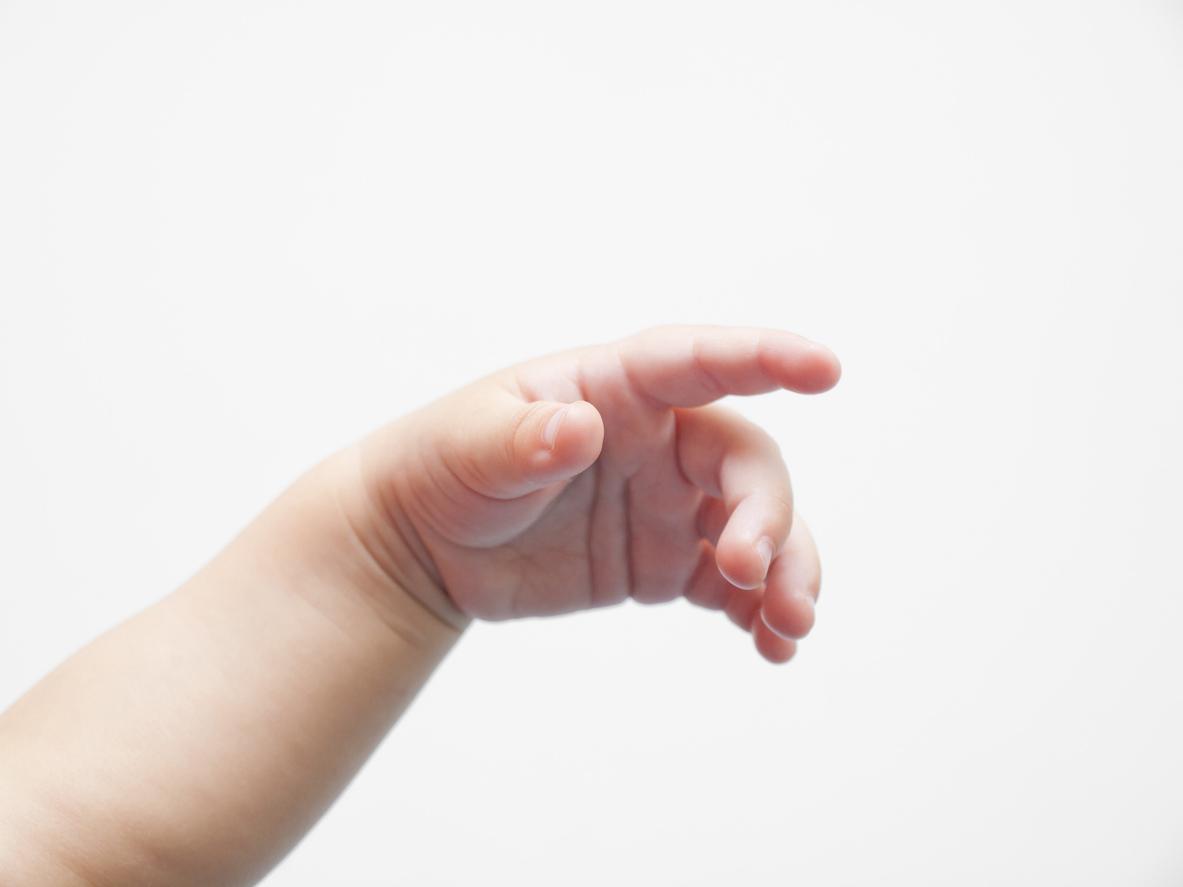Physical function is an important aspect of studying patients with rheumatoid arthritis because it affects their quality of life. And, women affected by the disease suffer from a greater decrease in physical function after menopause, according to the results of a study published in the medial journal Rheumatology.
Researchers conducted a study with 8189 women with rheumatoid arthritis to assess the role of menopause on this disease. Previous research has shown that women with rheumatoid arthritis experience changes in their disease during reproductive and hormone-related events, such aschildbirth. During the pregnancy, women see the incidence of rheumatoid arthritis decrease. However, the pathology develops during the postpartum period (six weeks after birth). Similarly, women who experience early menopause are more likely to develop rheumatoid arthritis than those who experience normal or late menopause.
Menopause, a risk factor for rheumatoid arthritis
During the study, researchers found that pre-menopausal women experienced slower physical decline than those who were post-menopausal.
Menopause has a significant impact on the level and rate of functional decline in women with rheumatoid arthritis and is associated with worsening progression of disease symptoms.
“Further studies are needed to find out why women with rheumatoid arthritissuffer from a greater decline in function after the menopause“, said study author Elizabeth Mollard. “This decline is not only a source of suffering for women, but also a cost for individuals and for the health system. Research is needed to identify interventions that can maintain or improve the lives of women with rheumatoid arthritis. “
Read also:
Rheumatoid arthritis: what are the risks during pregnancy?
Rheumatoid arthritis: beware of overweight and obesity
Rheumatoid arthritis: which occupations are most at risk?
















